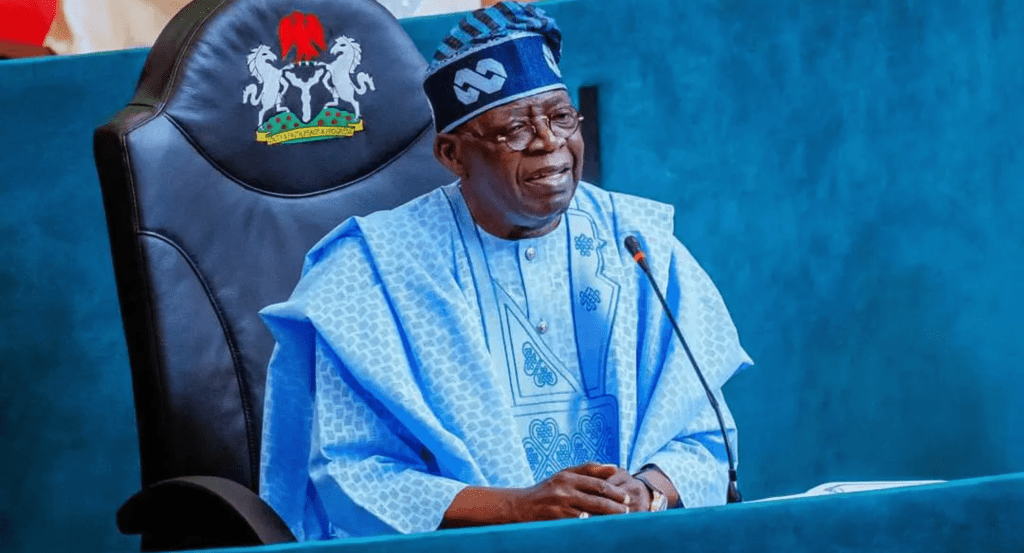Federal Government’s Emergency Rule in Rivers State Sparks Outrage
The Federal Government’s decision to impose emergency rule in Rivers State has sparked strong opposition. The South-South Governors’ Forum, representing leaders from the oil-rich region, has rejected the move. They argue that the crisis does not meet the constitutional conditions for such an extreme measure.
In their statement, the governors emphasized that emergency rule should apply only in cases of war, external aggression, or a total breakdown of public order. They believe the current political conflict does not justify overriding democratic institutions.
READ MORE: Rivers State Political Crisis: Actions That Led to the State of Emergency
When Does the Constitution Allow Emergency Rule?
The Nigerian Constitution permits emergency rule under specific conditions:
- War or the threat of invasion
- A breakdown of public order beyond government control
- A natural disaster or public health emergency
- Any other situation that threatens national stability
The governors insist that Rivers State does not face any of these extreme circumstances. Security agencies still function, businesses operate, and residents live without fear of widespread violence.
Previous Emergency Declarations in Nigeria
Nigeria has declared emergency rule before, but only under severe conditions. Some notable cases include:
- Plateau State (2004): Ethnic clashes led to hundreds of deaths, forcing the Federal Government to suspend the governor and install an administrator.
- Ekiti State (2006): A political crisis caused the removal of Governor Ayodele Fayose, prompting emergency rule.
- Adamawa, Borno, and Yobe States (2013): The Boko Haram insurgency led to emergency declarations to allow military intervention.
Unlike these cases, Rivers State has not experienced violent unrest or large-scale security breakdowns.
READ MORE: South-South Governors Reject Emergency Rule in Rivers State, Call for Constitutional Resolution
Legal Concerns Surrounding the Emergency Rule in Rivers State
The South-South Governors also raised legal concerns. They referenced Section 188 of the Nigerian Constitution, which outlines the process for removing a governor, deputy governor, or House of Assembly members.
They argue that any political dispute should go through the proper legal channels, not federal intervention. Overriding constitutional procedures, they warn, threatens democracy.
What Led to the Political Crisis in Rivers State?
The power struggle between Governor Siminalayi Fubara and the Rivers State House of Assembly triggered the crisis. Key events include:
- A faction of lawmakers attempted to impeach the governor.
- Violence erupted, damaging parts of the Assembly complex.
- The governor dismissed commissioners loyal to his political rivals.
- Security forces intervened to prevent escalation.
While these events created tension, they did not result in a total collapse of governance or security.
Governors Demand Immediate Reversal of Emergency Rule
The South-South Governors’ Forum has urged the Federal Government to reverse its decision. They argue that:
- The crisis does not justify emergency rule.
- Political disputes should follow legal resolution.
- Federal intervention undermines democracy.
They call on all parties to embrace dialogue and seek peaceful solutions.
“The moment for dialogue is now,” the statement emphasized.
The governors also warn that setting such a precedent could destabilize other states in the future.
What’s Next for Rivers State?
The emergency rule in Rivers State has sparked national debate. Many believe it poses a threat to Nigeria’s democratic system.
Will the Federal Government reconsider its stance, or will the legal battles continue? The coming weeks will determine the future of governance in Rivers State.
Would you like an analysis of the possible legal challenges against this decision?




















